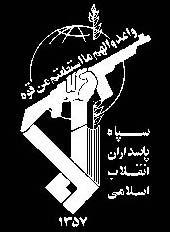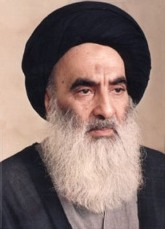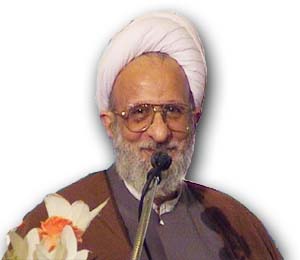Bush and Blair Should Apologise
Jean-Pierre Lehmann, Professor of International Political Economy and founding director of the Lausanne-based Evian Group (an international coalition of corporate, government and opinion leaders) suggested in a letter to the Financial Times published Friday,
"Ideally, Mr Blair and Mr Bush should go to Tehran, ask the Iranian people for forgiveness, and then, as they say, take it from there."
He also states,
"The interventions and impositions by the 'west,' both Europe and the US, in the Middle East have been almost invariably negative, both in their motivations and in their consequences."
He urged that them to acknowledge that the UK and the US overthrew the government of Mohammad Mossadegh in 1953 and then,
"imposed and strongly supported the dictatorial monarchical rule of Mohammad Reza Pahlavi as shah of Iran until he was finally overthrown by the Iranian people in 1979."
He also pointed out that the current Iranian government was,
"chosen by the Iranian people and ultimately it is up to the Iranian people whether it wants to maintain it or not."
Professor, states that although there is much for the West to apologise for in Iran,
"the Mossadegh issue has the advantage of being quite clear-cut and could go a long way to providing a solution for the current Iranian crisis. This will be infinitely more effective than sanctions, let alone warfare."
Here I would have to disagree with with Professor Lehmann, the Western fixation with TP Ajax (the CIA/SIS operation to overthrow Mossadegh) misses the point. An apology for this one incident would satisfy the malcontents but it would do little to appease the overwhelming majority of Iranians or the current popular government.
Mossadegh appeals to Western liberals, he was a democratic, secular Iranian leader, who was deposed by the West or so the legend goes. The Iranian revolution, led to the political use of the phrase blow back. Western liberals, posing as experts on Iran, often suggest that had only the US and British not opposed Mossadegh, there would have been no Islamic revolution. However, the planners of TP Ajax knew better.
Mossadegh was not democratically elected, his popularity was his policy of nationalising Iranian oil, a policy that like the current Iranian nuclear energy policy has widespread popular support. Mossadegh as an individual had little support amongst the populous, he was largely unknown. In Iran in 1953, the BBC Persian World Service, was the only radio station that Iranian's listened to, however Iranians placed no faith in the BBC. What Iranians learned of the news, they learned in the Mosque or the Chaikhaneh (teahouse). The real populist leader was Ayatullah Kashani.
Thus the aim of TP Ajax was to destroy the coalition of Ayatullah Kashani, Tudeh (the Iranian communists) and Dr Mossadegh. Ultimately it proved all too easy, having convinced Mossadegh that the Tudeh party and Ayatullah Kashani had turned against him, Mossadegh tried to impose himself as dictator and sought to make a deal on the oil. Upon seeing this, Ayatullah Kashani and Tudeh, decided that he had betrayed the country and turned against him. Iranians sided with Ayatullah Kashani not Mossadegh.
What Professor Lehmann fails to grasp is that apologies are of no consequence whilst certain realities are ignored. The US and Britain sponsored Shahist Iran in the full knowledge that it was a predominately Jewish tyranny that oppressed and persecuted the majority Muslim population; and that more Iranians died under that Zionist regime than Palestinians who have died during the Israeli Occuaption. Until this is publicly acknowledged by Britain and the US, apologies for a conspiracy over fifty years ago will appear fickle. This is what the Clinton administration also failed to understand.








No comments:
Post a Comment